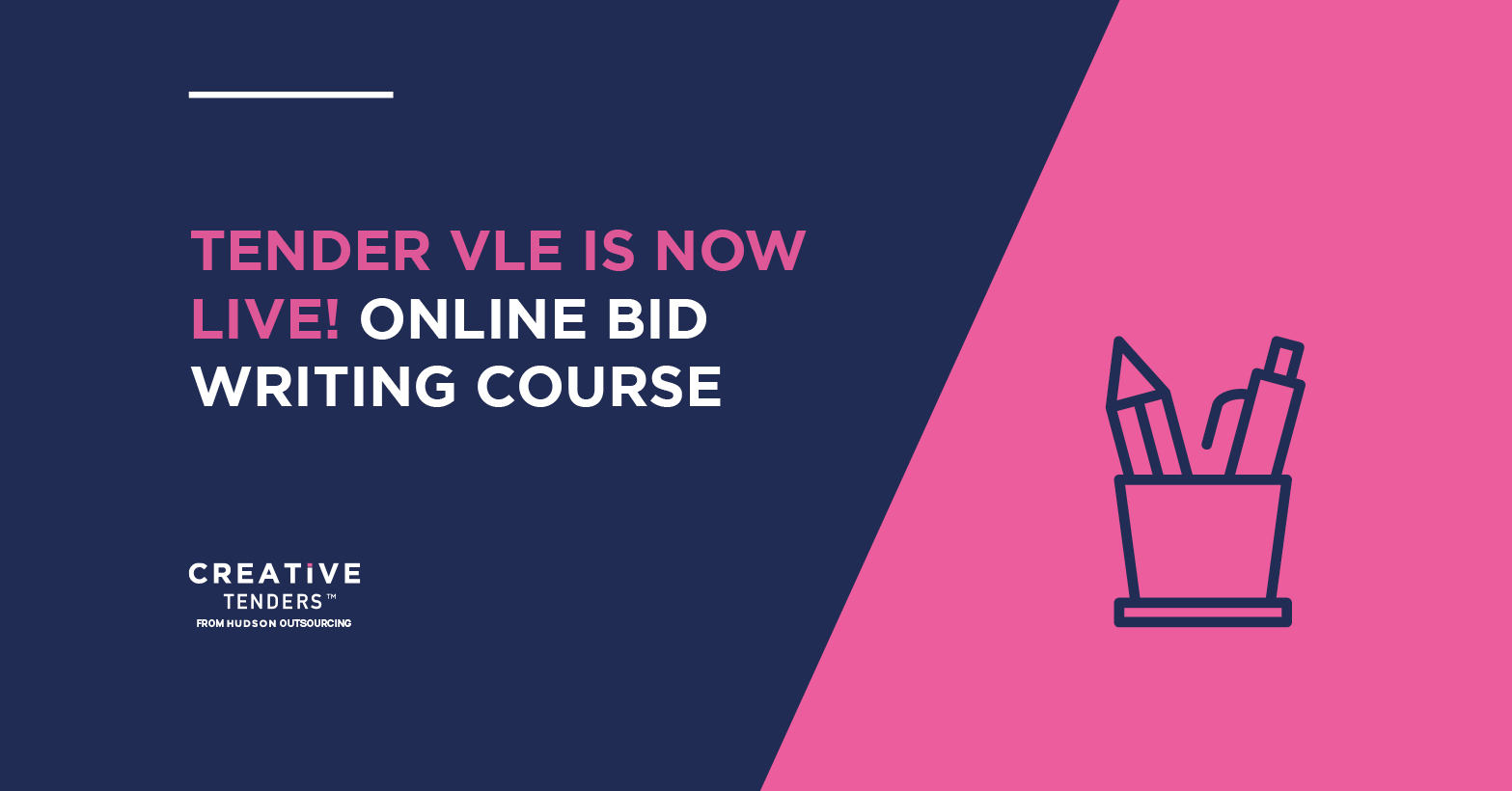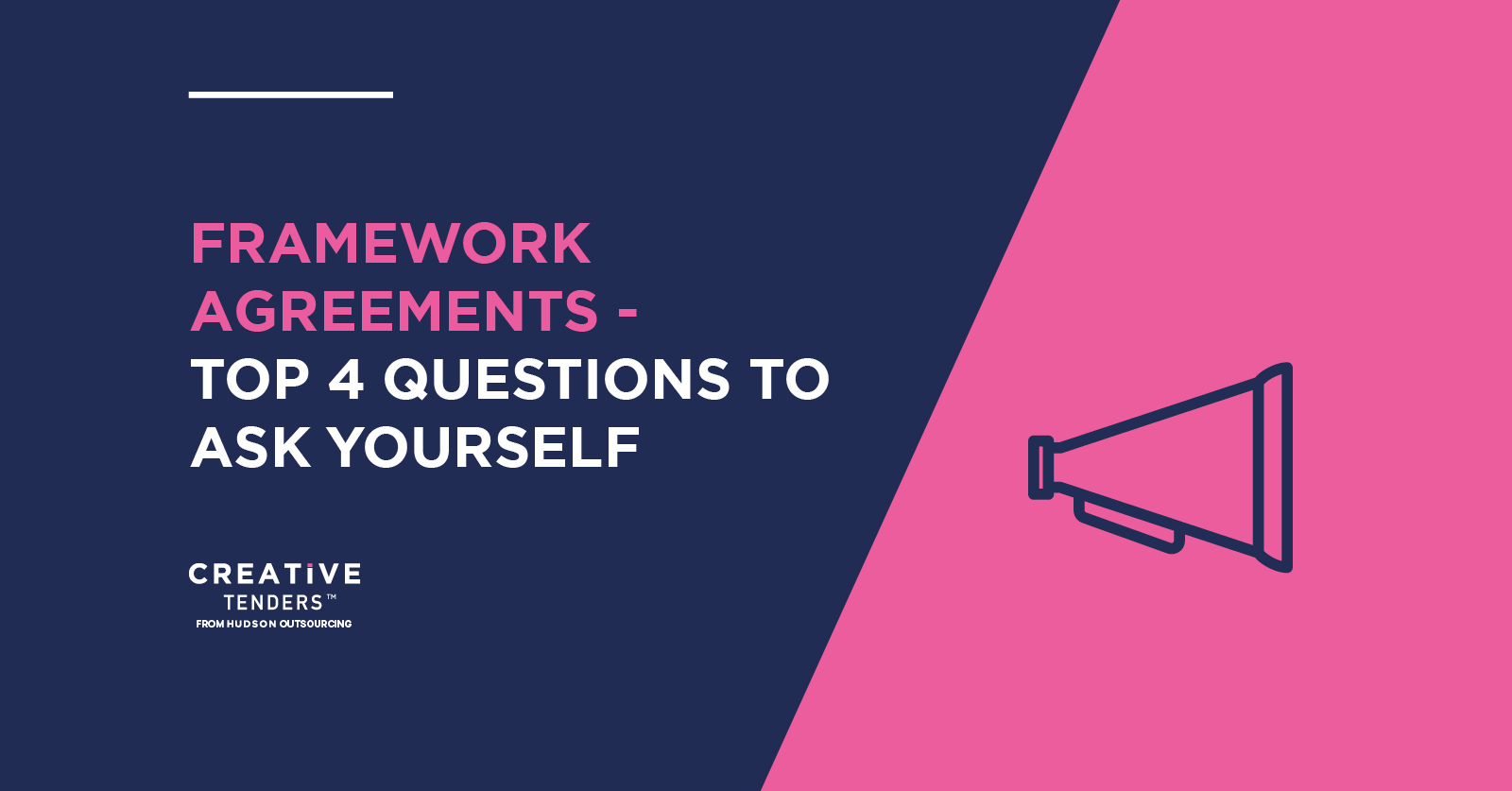TENDER VLE IS NOW LIVE! – ONLINE BID WRITING COURSE
B2B tendering has just been made simple as Tender VLE goes LIVE! The Tender VLE team are very excited to announce that our brand-new platform is now up and running. As we embark on this new tendering venture we would like to remind you of a few reasons behind the creation of Tender VLE.
During the team’s 40-years combined experience we have recognised the ongoing support required for both SME’s and blue-chip companies in relation to the tender process across the UK. We have noticed that many companies do not understand how to tender correctly or lack knowledge in similar areas.
Our goal is to simplify the B2B tendering process by ensuring that buyers and suppliers are on the same level of understanding – thus the birth of Tender VLE!
Company Growth Director, Jill Hudson says ‘We want to make procurement and tendering accessible to all size businesses, so we’ve launched Tender VLE to offer FREE high-quality video master classes at a level that suits you. Don’t be afraid of tendering, embrace the endless growth potential it brings to your business’.
As it stands, Tender VLE has launched containing 16 detailed videos, led by Senior Tender Consultant, Daniel Hall.
Here are the topics that Daniel has covered so far;
Breaking Down the Question – Find out how to tackle a question head-on and break it down into manageable sections. Daniel advises that you start your b2b tendering journey here!
PQQ Basics – Covering what a PQQ is, used for, how to complete it and why knowledge of the process is important.
Case Studies – How to structure your case studies and why the buyer asks to see this evidence.
TUPE – What it is and how it can affect suppliers.
Proposals and Instructions – The different approaches to tender documentation and how to comply with the requirements.
Clarification Questions – What does a clarification deadline mean, how you should ask these questions and a few things to bear in mind before submitting your question.
Time Management – Tips from our experts as to how you can effectively manage your time whilst writing a proposal.
Insurance when Tendering – What suppliers should be aware of when it comes to their insurance and which types of insurance you may be required to have before being invited to tender.
Terminology – A breakdown of the most commonly used procurement terminology and their definitions.
Economic and Financial Standing – How your financial suitability is established and how your turnover should affect your b2b tendering decisions.
Common Mistakes Made – As it says on the tin, this video looks into the most common mistakes that we have seen potential suppliers make during the tendering process and how to avoid them.
Framework Agreements – What a framework agreement looks like, who should enter into a framework agreement and what you can expect.
ITT Basics – What an ITT stands for, what does the ITT stage consist of and what to expect from this document.
Self-Cleaning – Defining self-cleaning, potential grounds for exclusion and how to get back in the running following non-collusion.
ESPD – An overview of ESPD, how it affects you and the impact of BREXIT.
The Tender Journey – What to expect during the tender process, the various stages and how to tackle each of them.
If there are any specific topics that you would like to see our Tender Consultants cover, please let us know via our LinkedIn forum HERE
Visit our brand-new Tender VLE platform by CLICKING HERE
Or contact our bid writing consultants at Hudson Succeed for any further assistance.
We are here to help you UNDERSTAND!


